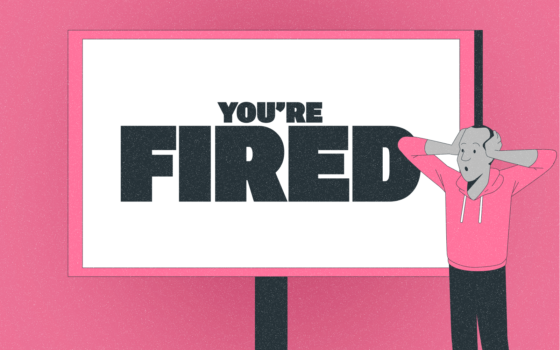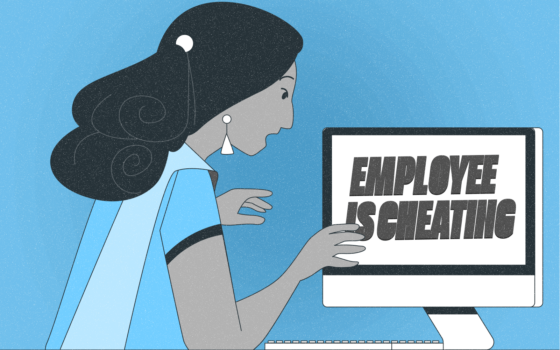The Top Industries Likely to be Affected by an Economic Downturn
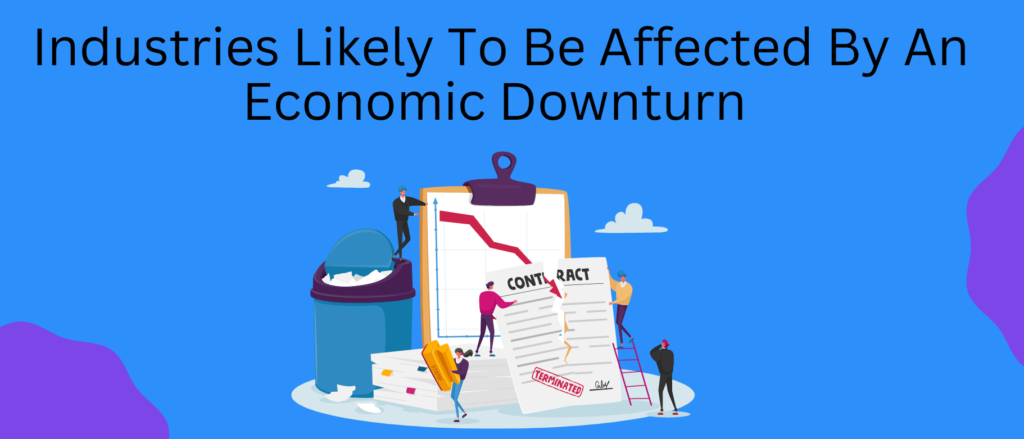
As we all know, an economic crisis can strike at any time, just ask everyone dealing with the COVID-19 aftermath! And while it’s impossible to predict exactly which industries will be hit the hardest, some are more likely to feel the effects than others. But which industries are likely to be hit the hardest? We’ve compiled a list of the top industries that are most likely to be affected by an economic downturn.
If your business operates in one of these industries, you need to be prepared for a potential recession. Trust us to be the predictors! Stay tuned.
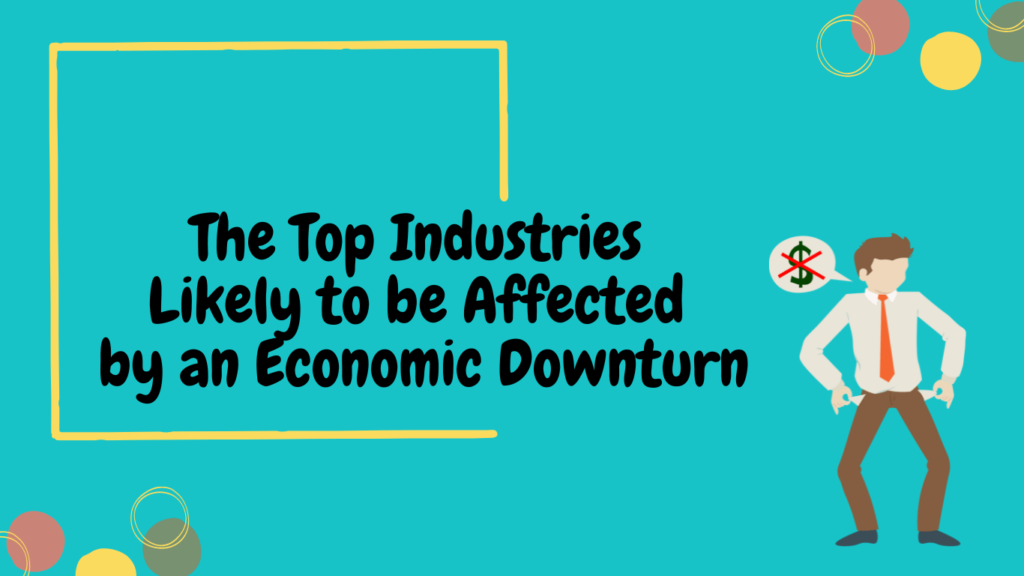
COVID-19 Recession a.k.a The Great Lockdown
The pandemic has had a major impact on economic activity around the world, and the US is no exception. Even a couple of years after, the country is currently in the midst of an economic downturn, with businesses shutting down and unemployment rising.
A recession is typically defined as two consecutive quarters of economic decline, and while the US has not yet officially entered a recession, many economists believe it is only a matter of time. In fact, some have even dubbed this the “COVID-19 recession.”
While the full extent of the economic damage caused by the pandemic is still unknown, we do know that certain industries are likely to be hit harder than others. Let’s review some existing data on this! According to the Minnesota Department of Employment and Economic Development, the vast majority of the jobs lost from the second quarter of 2019 to the second quarter of 2020 were concentrated in just five industry sectors (as you can see in the table below):
- Accommodation & Food Services
- Retail Trade
- Health Care & Social Assistance
- Other Services
- Arts, Entertainment & Recreation

If we get a bit into detail, accommodation & food services saw a job decline of over 105,000 jobs, down 44.1%. In that one-year period, this industry lost almost 30% of the statewide jobs, which makes sense considering no one was out there having a beer and fish and chips for the sake of leisure. In the end, these five industry sectors accounted for 66.5% of the positions lost in the state of Minnesota.

What does this tell us? This analysis of these industries most likely to feel an economic downturn can give us some insights on how to protect our businesses. First of all, we need to be aware of the industries that are going to be hit the hardest and adapt our strategies accordingly.
For example, if your business is in the hospitality industry, you need to be prepared for a potential decrease in demand. This might mean diversifying your product offerings or expanding your marketing efforts to reach new customer segments.
Of course, no one can predict the future, but by understanding which industries are most likely to be affected by an economic downturn, you can be better prepared to weather the storm. Let’s go over them!
Get more out of your business
Get the best employee engagement content every week via mailing list
Top Industries Likely to be Affected by an Economic Downturn
As we all know, an economic crisis can strike at any time. And while it’s impossible to predict exactly which industries will be hit the hardest, some are more likely to feel the effects than others.
Here are the top industries that are most likely to be affected by an economic downturn:
Accommodation & Food Services
Accommodation and food services is an industry that is often one of the first to feel the effects of an economic recession. When people tighten their budgets, they are less likely to eat out or go on vacation, opting instead to stay home.
This can lead to a sharp decline in revenue for businesses in the accommodation and food services industry, as well as increased competition for customers. In addition, an economic recession can also lead to an increase in the cost of food and other supplies, further putting pressure on businesses in this sector.
Lastly, accommodation and food services companies are often reliant on borrowing to finance their operations, and they may find it difficult to access credit during a recession.
Retail and Trade
Retail and Trade is another industry that most likely can get hit by an economic recession. Retailers can face struggles as consumers shift their spending habits online and to experiences instead of goods.
For example, during the COVID-19 shutdown, mall-based stores shut down across the country, and even big box stores like Walmart and Target felt the pinch at the beginning with a boost a couple of months after. Trade is another sector that could suffer as tariffs and global growth depresses exports.
As well, as accommodation and food services, tightening of the credit markets can also lead to problems for retailers who need to finance inventory. And finally, job losses in other sectors can lead to reduced foot traffic and consumer spending in retail stores.
Arts, Entertainment & Recreation
The arts and entertainment sector are particularly vulnerable to downturns in the economy because discretionary spending is one of the first areas to be cut when consumers tighten their budgets.
In addition, many businesses in the Arts and Entertainment field are small businesses that don’t have the financial resources to weather an economic storm. Let’s take for example Cirque Du Soleil, the most prestigious name in the business filed for bankruptcy in 2020 as a result of the pandemic.

Furthermore, the industry is also reliant on international tourism, which can be severely impacted by economic recessions. For example, the global financial crisis of 2008 led to a sharp decline in international tourism, and many businesses in the arts and entertainment sector never recovered.
So, if you’re in the arts and entertainment industry, it’s important to be aware of the risks and have a plan in place in case of an economic downturn.
Construction
The construction industry is also susceptible to economic recessions. Construction activity is often one of the first things to slow down when an economic downturn hits, as projects are put on hold or canceled altogether.
During the early months of COVID-19, contractors had a hard time with the supply chain management and couldn’t get raw materials such as sand, cement, and bricks, while also suffering from labor shortages.
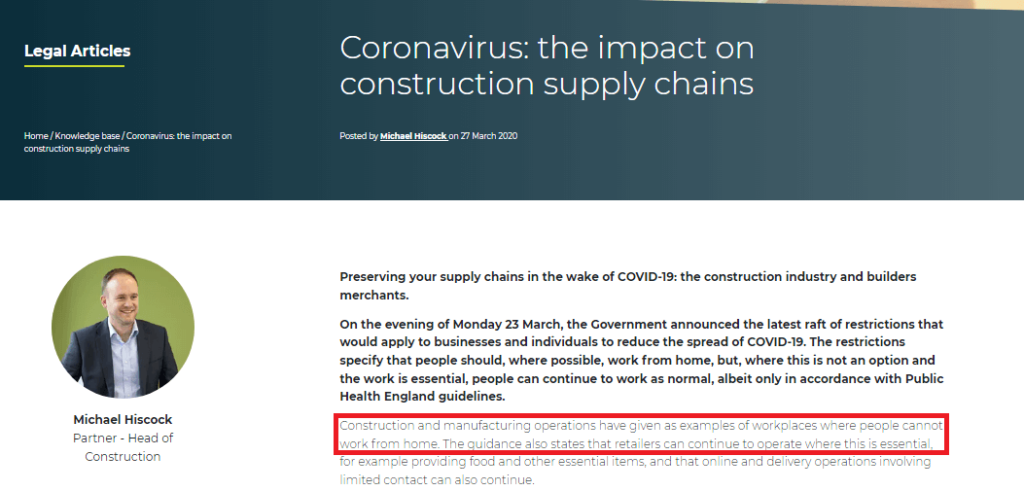
In addition, construction companies are often reliant on borrowing to finance their operations, and they may find it difficult to access credit during a recession. Lastly, job losses in other sectors can lead to reduced demand for new homes and commercial buildings, further depressing the construction industry.
Manufacturing
Manufacturing is another sector that can be hit hard by economic recessions. When consumer demand declines, businesses in the manufacturing sector often see a decrease in orders, which can lead to layoffs and plant closures.
In addition, manufacturing companies are often reliant on exports, and global economic recessions can lead to a decline in demand for their products. Lastly, an economic recession can also lead to an increase in the cost of raw materials and other inputs, further putting pressure on businesses in the manufacturing sector.
Other Services
“Other” kind of services is a broad category that includes everything from hair salons to pet care. And like other sectors, businesses in this sector can also be affected by economic recessions.
For example, during the COVID-19 pandemic, many businesses in this industry as not being considered “essential” were forced to shut down or operate at reduced capacity. In addition, job losses in other sectors can lead to reduced demand for services, as people have less money to spend on discretionary items.
Travel and Airlines
The travel industry is one of the first things people cut down on when they feel like their finances are tight, and airlines are usually one of the first companies to increase prices to make up for lost revenue.
The below graph is a perfect example of an extraordinary plump in flight traffic just when the lockdown was put in place, imagine the economic loss of airlines worldwide! (We got the real number here: $168 billion in economic losses in 2020)

As a result, travel companies typically suffer during economic downturns. In addition, airlines are also vulnerable to changes in fuel prices, which can fluctuate drastically during periods of economic instability.
Automobiles
When people are worried about their financial future, they are less likely to make large purchases like cars. They may also choose to put off maintenance and repairs to save money.
As a result, fewer cars are sold and fewer services are performed, which leads to layoffs in the automotive industry. In addition, many people who to buy a car during a recession need will opt for a used car instead of a new one, further hurting sales of new cars.
Automobiles are still an essential part of our lives, but during an economic downturn, they are one of the first discretionary items that people cut back on.
These are just a few of the industries that are likely to be affected by an economic downturn. While some sectors are more vulnerable than others, all businesses and industries can feel the impact of an economic recession.
Recession Bullet-Proof Industries
Now, if you follow our blog you know we are not on the side of the problems rather we offer solutions! Some industries can withstand a heavy shake such as:
Education
Despite the economic downturn, education has shown itself to be a resilient industry. In fact, education is one of the few industries that has actually grown during periods of recession.
According to industry projections, the education sector will balloon to a $7 trillion+ industry by 2025. This would make it one of–if not the largest industries in the world and generate more than 6% of global GDP.

One reason for this is that education is seen as a necessity by many people. Even when times are tough, people still need to learn new skills and improve their qualifications. Another reason for the enduring popularity of education is that it offers good value for money.
Unlike other sectors, such as luxury goods or entertainment, education is seen as an investment that will pay off in the long term. This means that even when times are tight, people are willing to spend money on education. As a result, education is likely to continue to thrive even during an economic recession.
Health Care
Health care is an industry that is likely to endure an economic recession. Health care is a necessity for most people, and even during tough economic times, people will still need medical care.
In addition, the health care industry is supported by government funding, which helps to insulate it from some of the worst effects of an economic downturn. Finally, the health care industry employs millions of people, which means that it plays an important role in supporting the economy.
IT Industry
The IT industry is highly diversified, with many different sub-industries that each cater to a specific need. This diversity makes the IT industry less vulnerable to economic downturns than other industries because IT companies can adjust their offerings to meet changing demands.
Additionally, the IT industry is driven by innovation, which means that new products and services are constantly being developed. This helps the IT industry to keep pace with changes in the wider economy and helps IT companies to maintain their competitive edge.
Finally, the IT industry is increasingly globalized, with IT companies operating in many different countries. This means that the IT industry is less affected by economic problems in any one country.
Final Thoughts
An economic recession can have a significant impact on businesses and industries. Some sectors, such as manufacturing and travel, are particularly vulnerable to economic downturns. But, the future doesn’t look so grim!
The best way to protect your business during an economic downturn is to have a well-thought-out plan in place. This plan should include strategies for reducing costs, increasing revenue, and weathering the storm. By taking these steps, you can help ensure that your business can survive an economic downturn.
What other industries do you think are likely to be affected by an economic recession? Are you in one of them? We hope you enjoyed our article!
-The Monitask Team.
